Undergraduate Departments
BNUE has a single undergraduate college comprising various departments. Each department aims to train teachers and specialists with subject‑specific expertise and a sound understanding of pedagogy.

Department of Ethics Education
Trains teachers responsible for moral education. Students study theories of moral education, textbook research, philosophy, ethical thought, understanding of North Korean society and theories of national unification, as well as basic theories and methodologies in the humanities and social sciences. Through these activities students develop philosophical and ethical thinking about humans and the world, acquire problem-solving skills, and cultivate the professional knowledge and moral character required for teaching.
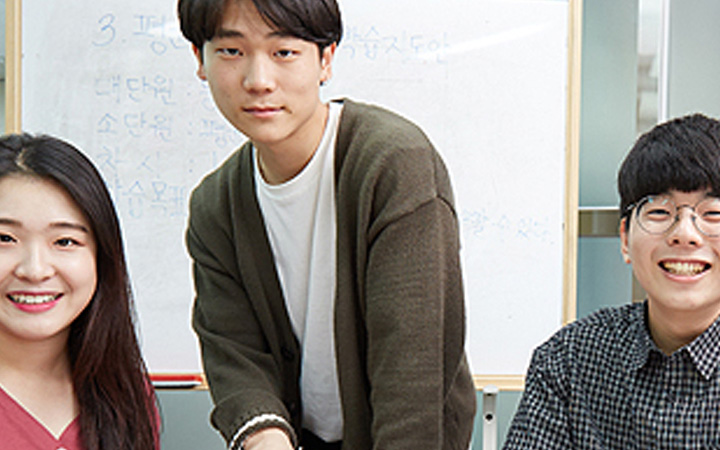
Department of Korean Language Education
Operates a subsidiary major to enhance abilities in Korean language education, Korean literature and linguistics. Academic activities include poetry and prose contests for children, reading-reflection contests to cultivate the spirit of the teaching profession, and participation in the Korean Society of Language Education. These activities deepen students’ expertise as primary-school teachers and enhance their professionalism.
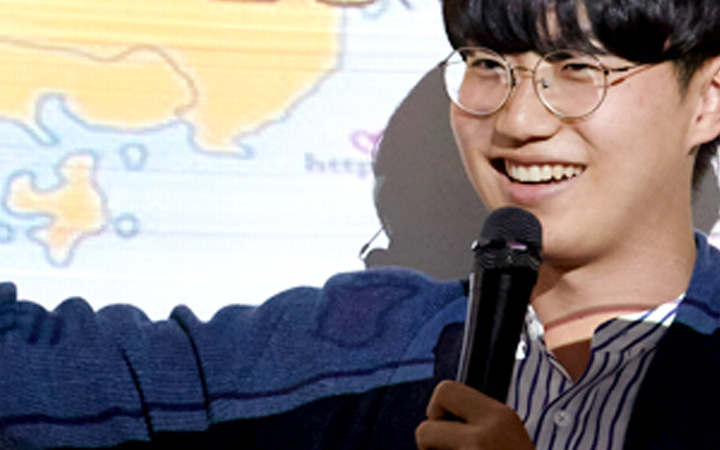
Department of Social Studies Education
Uses social science and subject-specific pedagogy as its academic foundation to cultivate the ability of future elementary-school teachers to understand social phenomena and implement democratic citizenship education. Faculty conduct research and teach social-science and social-education subjects and assist local schools with social-studies activities.
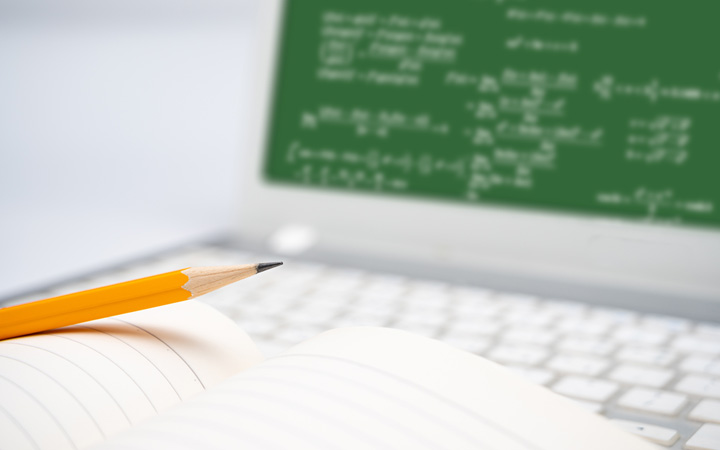
Department of Mathematics Education
Views mathematics as both a powerful tool for describing structures and relationships inherent in nature and society and an art that pursues the limits of human intellect through its internal coherence. Aims to develop students’ ability to analyse elementary curricula and design instruction by providing in-depth understanding of mathematical content, disciplinary characteristics, and the philosophy and practice of elementary mathematics education.
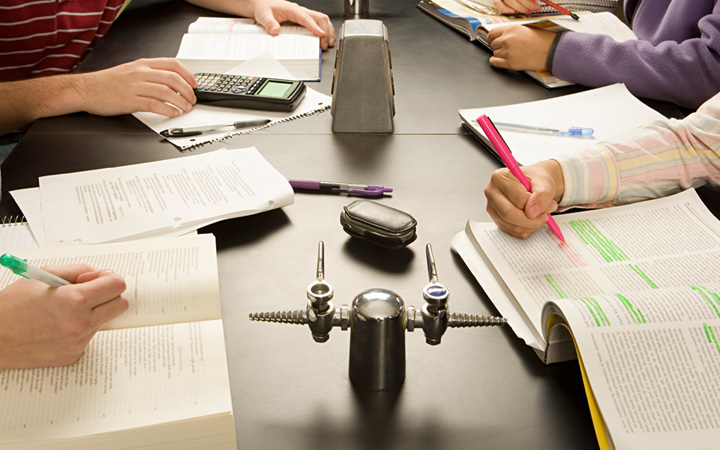
Department of Science Education
Focuses on learning theories and practices associated with the elementary-school science curriculum through concrete experiences. Emphasising inquiry, it encourages observations and manipulative experiences so that science learning is conducted in depth. It fosters the attitude of identifying and solving problems in daily life and uses a subsidiary major to strengthen qualifications as elementary science educators.

Department of Physical Education
Teaches theories of physical education and methods for teaching human movement to train teachers who can effectively deliver elementary PE classes. Through various sports the department cultivates future teachers with sound thinking, strong physical fitness and desirable character.

Department of Music Education
To help students understand the essence of music and increase their competence as teachers, the department offers organ, instrumental and traditional Korean music performance classes; music-education theory; and textbook research. The subsidiary major provides in-depth instruction in vocal music, piano, orchestral music, traditional Korean music, composition and music-education research.

Department of Art Education
Helps students understand the nature of art and art education and cultivates the qualities of capable teachers by covering textbook research and teaching methods in art. The subsidiary major provides comprehensive instruction in art history, art-education theory, research on children’s art education and formative-education research, along with practical training and teaching methods in drawing, Korean painting, Western painting, design, crafts, sculpture and calligraphy.

Department of Practical Arts Education
Aims to develop teachers who can effectively teach the practical-arts subject, which centres on students’ daily lives in elementary school. Through practical learning activities students learn teaching methods and develop practical skills needed for instruction, thereby becoming competent subject teachers.

Department of Education
Systematically explores educational phenomena in elementary schools. Based on the nature of education as a discipline, it investigates educational philosophy, history, sociology, administration, psychology, curriculum and instruction. By studying these areas broadly and deeply, students expand their educational insight, deepen their understanding of education, and cultivate the ability to solve educational problems and contribute to development in the field.
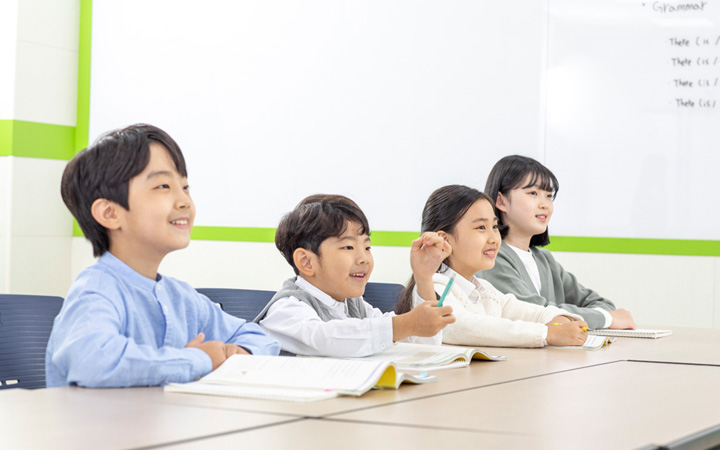
Department of Elementary Special and Early Childhood Education
Integrates special education and early-childhood education to help pre-service teachers develop expertise in inclusive and transition education. With more students requiring special education entering general schools, it is crucial to acquire expertise that enables tailored instruction for each disability type. Offers advanced special-education courses such as “Understanding Learning Difficulties,” and advanced early-childhood education courses for transition between kindergarten and elementary school.

Department of English Education
Trains competent teachers who can handle elementary-school English with basic communication skills and contribute to the development of English education in the era of globalisation. Classes cover listening, speaking, writing and reading and include practical lessons such as living English and conversation with native-speaking instructors. Actively utilises classroom English, various teaching methods and textbook research; the multimedia room is used extensively to build practical, sustainable instruction.

Department of Computer Education
Enables pre-service teachers to acquire comprehensive knowledge of computers and teaching methods so they are qualified to teach computer education and solve practical problems. The curriculum covers essential hardware/software knowledge and theoretical foundations for computer applications through lab practice, ultimately enabling future teachers to use computers effectively in education.




